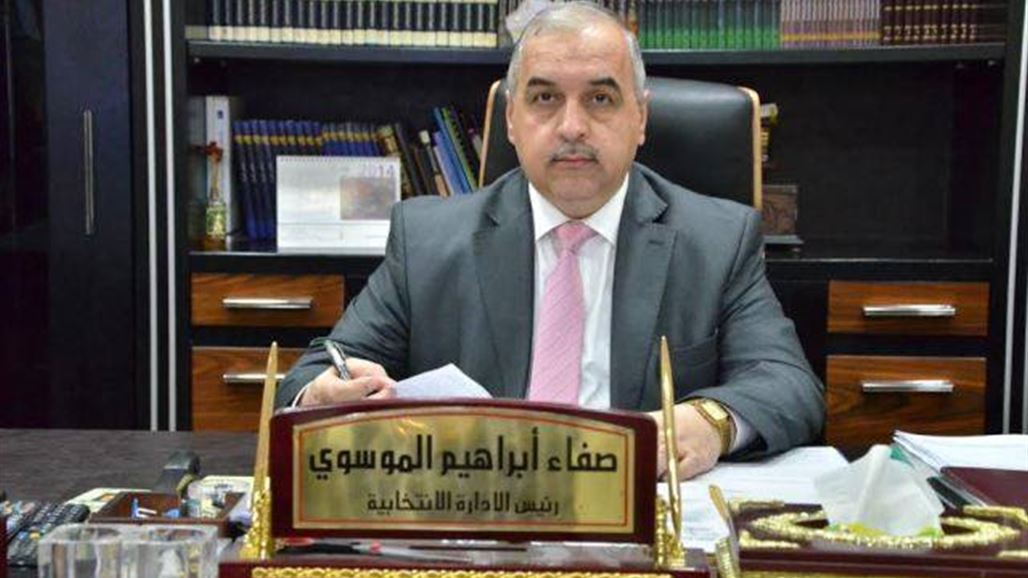 2022 / 07 / Jul
2022 / 07 / Jul
Political opposition in Iraq
- The missing option -
The concept of the political opposition in Iraq remained cloudy, that is, it was not clear, because the regime was the one who determined its role and position in its institutions. It is as if we are facing a different concept of political opposition, as the regime produces its opposition. However, this perception changed with the advent of the Baath Party, as the political system since 1968-2003 closed the door to the emergence or acceptance of political opposition. Next to this situation, the phenomenon of political opposition arose outside Iraq.
This opposition relied on it as the supposed alternative to the existing regime at the time. It established the legitimacy of its existence on both the sectarian and national sides. This is why it restricts its field of work and presents its vision. This restriction helped the regime to question its capabilities and its acceptability within the regional and international frameworks. When we review its efforts and orientations, we find that it has been confined to the simple, social and sectarian media field. Then the regime's occupation of Kuwait gave the political opposition an opportunity to reintroduce itself to the regional and international environment. Therefore, the nineties of the last century showed a movement of the opposition forces with their various political persuasions. Nevertheless, the culture of this opposition stemmed from what restricted its "sectarian, national" work. That is why its efforts and productions target specific groups of Iraqi society, and this method has reinforced the perception that the work of the opposition addresses the part and not all of the members of Iraqi society, as the imbalance in the work of the opposition and its role in political life reveals to us the need to review the political work in Iraq and what it does. In other words, is there a relationship between the nature of political action and the form of political opposition?
The political system, which was established after 2003, made democracy among the articles of the constitution, and that democracy cannot be achieved without the existence of ruling and opposition forces. However, what happened was the rise of forces controlling the regime, and despite this, the opposition began to grow on the sectarian side, which took on a sectarian dimension, but it did not continue. What is different is that every party participating in the regime is practicing two behaviors, one behavior with the regime and the other against it, and therefore the political opposition has become one of the most important options through which the regime can be reformed after its multiple crises since 2010 until today. However, with the multitude of these crises, we did not witness the emergence of political forces that bear the direction of the political opposition. So far, there is no alternative political proposition that stems from political perceptions and ideas that differ with what is offered by the powers that run the system. Does this absence stem from social or political obstacles? Some believe that the absence of political opposition is due to the fact that the ruling forces have gone through the stage of opposition and have enough experience to prevent the emergence of political opposition.
Starting from the dilemma of not having a clear-cut political opposition, Al-Riwaq Magazine is working on presenting this file for research and analysis by writing research and articles on the reasons that hindered the emergence of a political opposition in Iraq after 2003. Therefore, the magazine is honored to invite you to participate in the file.
Proposed names to write in the file of the political opposition.
· Dr. Iyad Amber
· Kamel Daoud
· Dr. Atheer Al-Jassour
· Ali Abdel-Hadi Al-Mamouri
· Dr. Yassin Bakri
· Dr. Khaled Khalil
· Dr. Essam Philly
· Salem mashkor
· Algerian Zuhair
· Nima al-Abadi
· Dr. Reda Hassan Al-Jabri
· Abbas Al-Sharifi

For the name of Al-Rubai and the surname: Safaa Abdul-Jabbar Ali Ali Akbar Al-Musawi Place and date of birth: Iraq / 1969 Marital status: married, number of children: three Languages: Arabic / English Scientific title and date of obtaining it: Professor 2017 Work place: Karbala University Detailed specialization: economic theory / quantitative economics. Computer experience: good